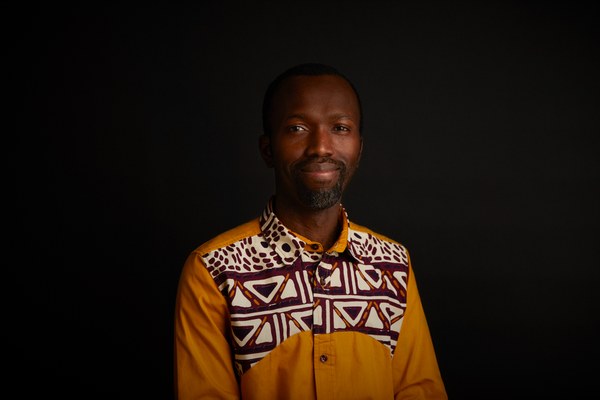Emmanuel Arthur
Research leader

Project title
Recovery of soil ecosystem services after traffic-induced soil compaction across Europe - RESCUE
What is your project about?
The use of agricultural machinery for ploughing, fertilization, planting, and harvesting purposes has become an essential component of our food production systems. This has caused compaction in about 25% of soils across Europe with negative consequences on the ability of soils to deliver ecosystem services. To sustain food production and other soil ecosystem services, it is crucial to have an overall understanding of the natural processes that contribute to the recovery of these compacted soils. My project will develop a framework to quantify ecosystem services delivery by soils and unravel the sole and interactive contributions of the various mechanisms to natural recovery from compaction. Since the mechanisms are driven by different environmental factors, the project will utilize long-term compaction experiments in Europe that differ in terms of climate, soil type, vegetation and time after compaction.
How did you become interested in your particular field of research?
My interest in soil science stems from my days as a bachelor student in agronomy. My soil science professor was very inspiring and taught the course with such enthusiasm that one could not help but love the heterogeneity and complexity that exists in soils. My interest in the field was heightened during my PhD studies when I realized the extent of compacted soils and numerous negative consequences. I have always wondered how these degraded soils may be remediated in a cost-effective manner that does not require extreme interventions.
What are the scientific challenges and perspectives in your project?
Natural recovery of compacted soils is a slow process, and in some cases, very difficult to observe and quantify. I envisage that this difficulty is related to our current definition of what soil function is recovered. Until now we have looked at the recovery of soil properties that are not necessarily linked to specific services that are beneficial to humans. At the end of the project, I expect that we will be able to provide the fundamental knowledge required to properly assess natural recovery through the lens of ecosystem services provided by soils.
What is your estimate of the impact, which your project may have to society in the long term?
It is well known that compaction affects soil properties, but this is knowledge is not easy to translate to the loss of soil ecosystem services. During my project, the development of a framework to quantify ecosystem services, and the loss of these services after compaction, will provide a basis for estimating the real cost of compaction. Secondly, the use of unique field experiments combined with laboratory experiments will provide a deeper understanding of the mechanisms that are come into play during the natural recovery from compaction. In the long term, the knowledge generated will serve as a platform for developing site-specific management strategies that can accelerate soil recovery after compaction.
Which impact do you expect the Sapere Aude programme will have on your career as a researcher?
The Sapere Aude grant provides me with the ideal platform to strengthen my research in soil compaction, consolidate my research group, expand my network and explore new research frontiers in soil science.
Background and personal life
I come from Ghana and have had the pleasure of being educated in Ghana (University of Cape Coast), Belgium (Ghent University) and Denmark (Aarhus University). I live with my wife Gladys, two kids, a cat and four chickens. I enjoy taking a walk with my family in the woods, and when indoors, we play board games and relish humour-filled discussions about contemporary issues. I am also fascinated by the concept of space-time and enjoy reading books that explore the subject while admiring the objects in our solar system and beyond.
View all research leaders here
Research institution
Aarhus University
Research field
Soil Physics
City of your current residence
Viborg
High school
Achimota Senior High School, Ghana
